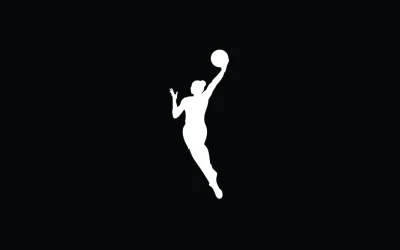Hopes were high in Philadelphia as summer officially began and the Phillies finally got to field something resembling their full roster. But instead of making a late charge at extending their record streak of National League East championships to six, the Phillies continued their season-long swoon by losing 11 of 12 games in a 15-day stretch leading up to and immediately following the Midsummer Classic and then getting swept by the Atlanta Braves the weekend prior to the July 31 trading deadline.
With the Phillies still mired in last place, management raised the white flag and traded several players for prospects — an unusual about-face for a team that is annually among baseball’s “buyers.”
Now, with the Phillies playing out the string, another record run has ended: The Phillies’ sellout streak at Citizens Bank Park.
The Phillies’ 6-1 loss to the Braves Monday, August 6 was witnessed by a crowd of 41,665 — just about 2,000 fans short of capacity at the 43,651-seat stadium. That brought an end to the Phillies’ streak of 257 straight sellouts, a streak that began on July 7, 2009 and was the longest by a National League team in history as well as the third-longest ever in Major League Baseball.
According to The Associated Press, the Phillies drew more than 11.5 million fans during the streak, an average of 45,082 per game. Not surprisingly, those fans went home happy far more often than not: SI.com reports the Phillies went 154-103 at home during the run of sellouts.
While Philadelphia-area ticket brokers were confident the Phillies would emerge from the NL East basement and keep the sellout streak alive through the end of the season, a fanbase accustomed to winning began shying away from the park when the Phillies continued to struggle even with Ryan Howard and Chase Utley — each of whom missed most of the first three months recovering from injuries — back in the lineup.
“It’s definitely been a tough year all around, with a lot of injuries and everything,” Alex Chambers of Philadelphia-based Wanamaker Ticket Agency told TicketNews.
Not all the news at the gate is bad for the Phillies. The team still leads the majors in attendance (through Wednesday, August 8, the Phillies were ahead of the Texas Rangers by a little less than 900 fans per game) and is all but assured of leading the National League in attendance for the third straight year. The Phillies lead the San Francisco Giants in that race by almost 3,000 fans per game. If the Phillies end up winning the NL attendance crown, it will mark the seventh straight season in which they either maintained their ranking in the NL attendance standings or improved it.
“Even if it ended, it was probably very close to selling out,” Chambers said. “It still looked like a sellout. Forty-something thousand in the stands. As close as you can get. Find another park in the country loaded up like that for every game.”
The end to the sellout streak, meanwhile, gives it an extra layer of legitimacy that the Boston Red Sox — whose current streak of 774 straight sellouts is the longest streak in baseball history — are struggling to maintain. Plenty of empty seats have been seen this season at Fenway Park, where tickets have remained unsold when the box office closes late in the game and even Red Sox management has acknowledged not every ticket has been sold for every single game.
Perhaps not coincidentally, the Red Sox — who are two games under .500 and struggling to stay out of last place in the AL East — are less than half a season away from breaking the all-time American professional sports record of 814 straight sellouts set by the NBA’s Portland Trail Blazers.
“Of course [the Phillies] would report the correct numbers — they’re not going to try anything just to keep their streak alive,” Chambers said. “It’s baseball: The numbers rule.”
“We’ll start a new streak now and it’ll build next year and hopefully we’ll keep it alive for five to 10 years.”



